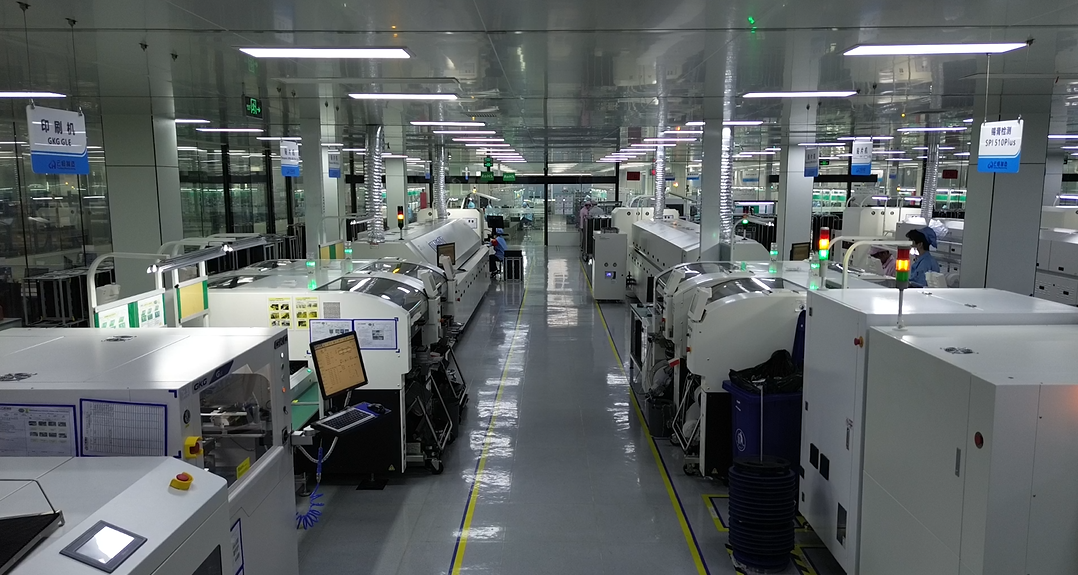TheIntricaciesofElectronicManufacturing:AComprehensiveOverview(主要生产制造电子产品英语)
The electronics manufacturing sector forms the backbone of modern technological advancement, producing an array of devices from smartphones to advanced computing systems. This rapidly evolving industry is fueled by relentless innovation and an ever-growing demand for smarter, smaller, and more efficient devices. The complexity of this sector lies not only in the vast diversity of products but also in the intricate processes involved in their creation.
Key Players and Their Contributions
Leading companies such as Apple, Samsung, and Intel have played pivotal roles in shaping the landscape of electronics manufacturing. These corporations, through their innovative approaches and cutting-edge technologies, have invested heavily in research and development to stay ahead of competitors. Their influence extends far beyond product development, influencing global supply chains and consumer expectations.
Technological Advancements in Production

The electronics manufacturing sector has been revolutionized by advancements in technology. Automation, artificial intelligence, and robotics now play crucial roles in enhancing production efficiency and minimizing human error. Automated assembly lines, for instance, can produce thousands of devices per hour with consistent quality. Furthermore, the integration of AI in quality control ensures quick identification and rectification of defective products, maintaining high standards.
Supply Chain Management
Effective supply chain management is critical to the success of any electronics manufacturing endeavor. This involves coordinating raw material procurement, managing inventories, and ensuring timely delivery of finished goods. Companies leverage advanced logistics software to track shipments, forecast demand, and mitigate risks associated with supply chain disruptions. Globalization has added complexity to this aspect, necessitating cross-border regulations and tariff navigation for manufacturers.
Environmental Considerations and Sustainability
In recent years, there has been a growing emphasis on sustainability within the electronics manufacturing sector. Companies are increasingly adopting eco-friendly practices, such as using recycled materials, reducing energy consumption during production, and designing products for easier disassembly and recycling. This shift is driven by regulatory pressures as well as consumer demand for environmentally responsible products.
Challenges and Opportunities
Despite its many achievements, the electronics manufacturing industry faces several challenges. Rapid technological changes require constant adaptation, while global competition demands continuous cost optimization without compromising quality. Additionally, intellectual property theft and cybersecurity threats pose significant risks. However, these challenges also present opportunities for those willing to innovate and stay ahead of the curve.
Conclusion
The electronics manufacturing sector is a dynamic and complex field that continues to evolve at a rapid pace. It requires a blend of technological expertise, strategic planning, and adaptability to thrive in this fast-paced environment. As we move forward, it will be exciting to witness how this industry addresses its current challenges while seizing new opportunities for growth and innovation.
